By Olufemi Omotayo and Agnes Udosen (Lead Writers)
“This article was produced in collaboration with Maternal Figures, a database of maternal health interventions implemented in Nigeria.”
Due to poor conditions of the roads, navigating through the Itire/Ikate axis of Surulere can be a frustrating experience. Yet, this does not deter the pregnant women who, for many years, have thronged to Surulere for their antenatal and delivery activities. Many of them have relied on the trusted hands of Eka Otu (“Otu’s Mother” in Efik language), a traditional birth attendant, to help them through the pregnancy process.
Another childbirth attendant, Blessing Segun lives on Akinkunmi Street, a few hundred metres away. Unlike Eka Otu, however, “Aunty Nurse” — as Blessing is popularly called — assists pregnant women to deliver their babies at home in emergency situations.
Some women prefer to consult the maternity homes of faith-based centres, like the Christ Apostolic Church (CAC), also in Surulere.
Often described as the “Centre of Lagos,” Surulere is one of the more cosmopolitan areas in the state. Despite the several private hospitals in the area and increased attempts to steer women towards the Primary Health Centres (PHCs) by the government, alternative methods of delivery are still popular in this township.
With a mortality ratio of 917 per 100,000 live births, the United Nations Population Division put Nigeria’s annual maternal death count at 67,000 and said the country accounts for about 23% of maternal deaths globally. Many states have attempted to ban the use of Traditional Birth Attendants. This is likely because the lack of training in skilled delivery is more likely to result in mortality when women have complications during childbirth. Traditional birth attendants are unskilled and unable to prevent or treat the complications during pregnancy or childbirth that leads to maternal deaths. The most common direct causes of maternal mortality are obstetric hemorrhage, pregnancy-induced hypertension, obstructed labour, unsafe abortion and puerperal infection.
What, then, could be the lure for the women who continue to patronise the unorthodox birth delivery methods even when they are not entirely safe? And how is the government working to make alternative delivery methods safer?
The rise of alternative delivery methods
The dearth of medical doctors is a well-documented issue in Nigeria. The World Health Organisation (WHO) data shows that Nigeria’s physician-to-patient ratio is four doctors per 10,000 patients, which is far from the WHO standard of 1 doctor to 600 patients.
The effect often trickles down to the quality of healthcare delivery at the primary levels. For instance, during a visit we observed that nurses sometimes function in the place of doctors at the Airways PHC in Ijesha.
Simisola Savage, an assistant health officer at Ejire PHC, said Ejire is the only PHC that offers round-the-clock service in the Itire-Ikate Local Council Development Area (LCDA), a subset of the main Surulere Local Government Area (LGA).
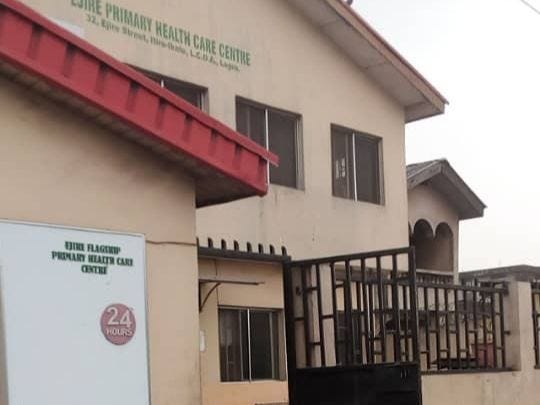
In addition to limited access to PHCs, a number of pregnant women we spoke to expressed a desire to explore alternative delivery methods for other reasons, like low cost and better treatment.
Esther Kelechi said that after the first experience she had at a government hospital, she decided to use the midwife’s home. She explained that the personnel at Eka-Otu’s home (also called O.P.E. Luxe), were patient and understanding with her.
“Even when there was no money, one could pay by installment. There was no strict adherence to (the) pay-before-you-leave law,” she said.
She expressed disdain with her first experience at a government hospital. “The nurses over there are not patient or gentle with mothers. This made me decide that I won’t give birth to my baby in a government hospital again,” she said.
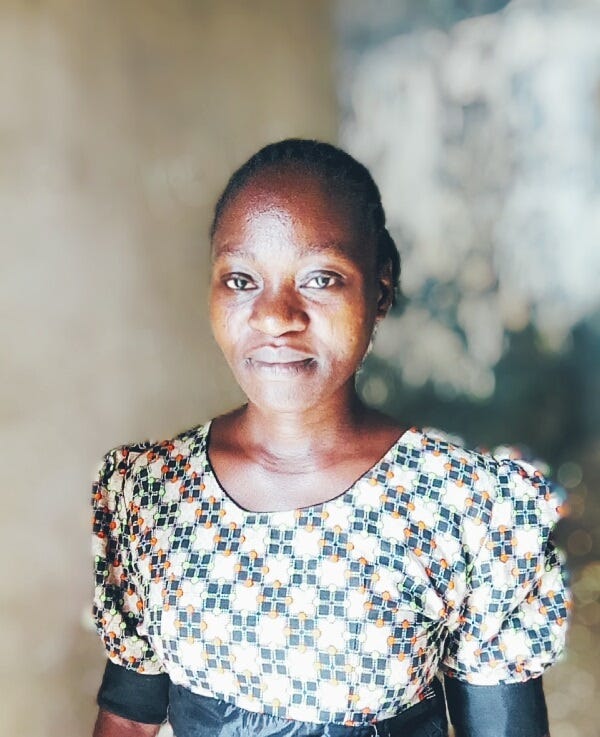
Her case is not unique. In a 2019 study published in The Lancet, researchers from Ghana, Guinea, Myanmar and Nigeria found that of 2,016 women directly observed, 838 (41.6%) experienced physical or verbal abuse during or after childbirth in a health facility. And 945 (35·4%) of 2672 surveyed women experienced physical or verbal abuse, or stigma or discrimination.
Some mothers say they have experienced neglect by medical professionals when the time came for them to deliver their babies.
Comfort Olufemi said she opted to use the Ejire PHC to deliver her child. However, she said that on the day of her delivery, she was sent to the ward to wait while she was in labour.
“The doctors and nurses probably forgot that a pregnant mother was waiting in the ward. My water broke and my baby was ready to come out. I banged loudly on the door, shouting “Help! Help!” before a doctor attended to me,” she said, adding, “I really didn’t like the way I was treated during the delivery.”
For Omowunmi Olusesi, the midwife’s home provided her with something that she felt a PHC could not provide — trust and comfort. She said her older sister had used the same midwife so she believed that things would go well.
“At the time I was ready to give birth, the midwife prayed before she started and placed a Bible beside my bed. She was very gentle with me and I gave birth safely, no emergency call was made and there were no complications,” she said.
Juliana Edet, a nurse, who works at the O.P.E. Luxe birthing home, said that one of the reasons women prefer delivering their baby in a birthing home is because midwives are often “gentle and patient” with mothers who would rather deliver their babies through vaginal labour with limited medical intervention.
“When the nurses are patient with mothers it encourages them to push harder at the next contraction,” she said.
How Lagos is confronting the challenge
A number of factors have been attributed as the cause for Nigeria’s high Maternal Mortality Ratio, including the fact that there are merely 72,000 registered doctors with the Medical and Dental Council of Nigeria to serve a country of 200 million people.
To its credit, Lagos State has been at the forefront of providing healthcare to residents by resuscitating the primary health care delivery system. In the last decade, the government has fortified the PHC facilities across the state, especially the flagship health centres that operate 24 hours full service. These enhancements compliment the services being rendered by the 288 PHCs in the state.
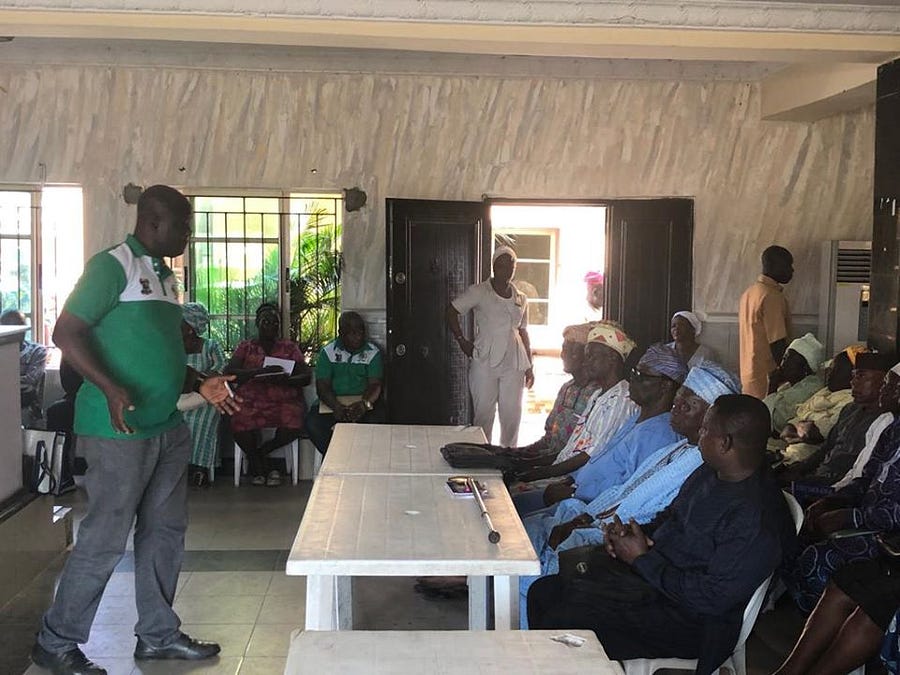
Another way the government is addressing the challenge of maternal and child mortality is by adopting an integrative health management system through a multi-pronged approach: traditional, complementary and alternative medicine (TCAM). According to the Lagos State Traditional Medicine Board (LSTMB), there are over 7,000 registered traditional medicine practitioners in Lagos, consisting of traditional birth attendants, bone setters, Ifa diviners, and faith-based birth attendants and healers.
Occasionally, the LSTMB holds general hospital immersion training for the Traditional Birth Attendants (TBAs). This comprises a 6-week general training at the Board and concludes with another 6-week General Hospital Immersion Programme for the TBAs. The LSTMB hosted a training session in October 2019, and another one in January 2020, before the COVID-19 outbreak hit Nigeria.
According to the LSTMB Coordinating Director, Olorunkemi Kadiku, the aim is to bring all traditional medicine practitioners, including traditional birth attendants, up to date on the latest developments in health care delivery.
“In October 2019, we trained about 346 people, while over 200 are currently undergoing the same training that started in January 2020. They train them about vital signs and are given referral cards so that they can refer certain cases to the general hospitals,” he said.
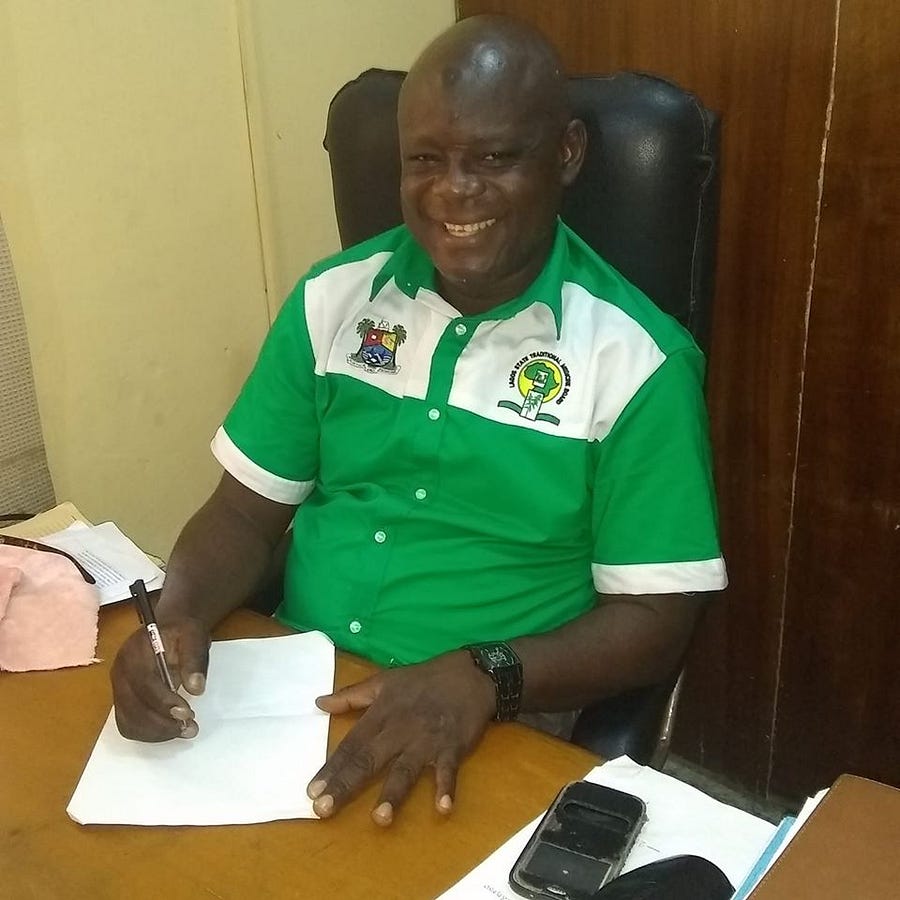
While acknowledging that several Lagos women continue to patronise midwives and TBA’s despite often being unsafe, Kadiku concluded that the LSTMB intends to serve as the link between the government and traditional health professionals.
Lack of coordination complicates delivery process
Despite LSTMB’s ambitious goals, there are still traditional birth attendants that have not received training or are aware that it is available. For instance, Edet is not aware that the LSTMB is training TBAs. Indeed, she claimed not to have received any external training since she started her midwife career. It was Eka Otu who gave her the opportunity to learn on the job and she also got her certificate from O.P.E. Luxe.
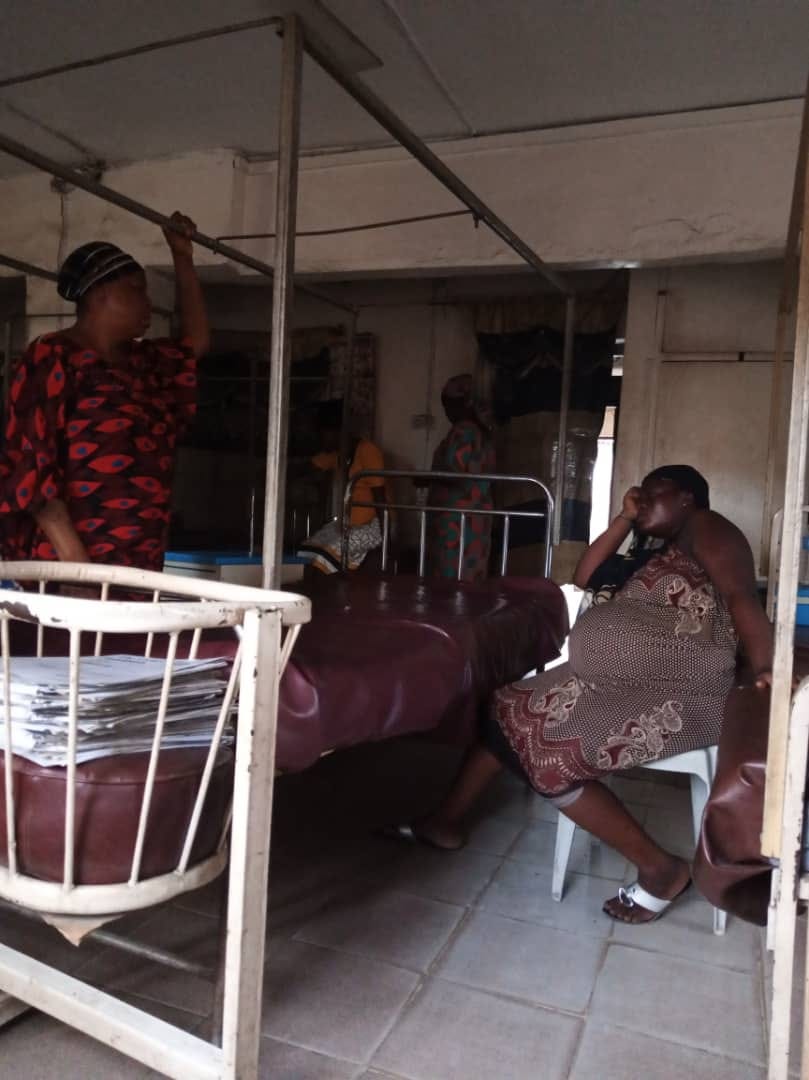
According to Mrs Ogunyemi, the chief matron at the CAC maternity home, neither she nor her staff have benefitted from the LSTMB training programmes. “In fact we don’t know that they are currently conducting training,” she said.
Continuing, she said “As a faith-based establishment, we are not necessarily under the control of any government agency. Indeed, all of us working here have different levels of training in birth attendance and delivery.”
However, the LSTMB director disagreed with this notion, insisting that since faith-based TBAs are represented on the Board, they must register for their licences like others. On the other hand, he acknowledged the challenges of coordinating the system so far.
“The truth is that, even though we’ve trained over 7,000 so far, it is like scratching the surface. Many TBAs are not even aware of the existence of the LSTMB,” he said, adding: “When we get hold of people in this category, we make them pay fine and ensure they do all the necessary registrations and training. Like they say, ignorance is not an excuse in law.”
LSTMB has been able to attract many TBAs into its register through regular monitoring and enforcement. The law states that anyone that fails to renew their licence in two consecutive years should be delisted and start the registration process all over. It costs #2000 to renew a license annually.
Like Kadiku, many stakeholders believe the solution lies in constantly enlightening the people. In an ideal world the preferred delivery method is still to be supervised by a skilled birth attendant in a health facility. However, the dearth of functional PHCs that are close to where people live and properly staffed means women such as Esther Kelechi will keep patronizing alternative homes. While Lagos has taken a bold step in trying to make these alternatives safer through training, the overarching goal should continue to be to ensure that women are able to access quality, skilled birth services at the health facility, to reduce maternal deaths in Nigeria.
Do you think alternative birth methods should be integrated into the healthcare system through capacity building? What other ways can we strengthen the primary health care system to make it safer for women to give birth? Share your comment below or with us on our social media platforms, @nighealthwatch on Twitter and @nigeriahealthwatch on Facebook and Instagram.
“This article was produced in collaboration with Maternal Figures, a database of maternal health interventions implemented in Nigeria.”



It a fact that we cannot afford to wish away the crucial role being played by the alternative or traditional birth attendants. I have been one of the advocates of the practice to have it integrated into our national health services. This was made by a decree during the Babagida under the leadership of Late Prof. Olikoye Ransome Kuti. The reason is we don’t have enough Orthodox health workers to meet the demand. The Lagos state programme is good and should be encouraged nationwide in collaboration with the NPHCDA and health professional bodies. We must have enough functional facilities and trained personnel to reduce the unacceptably high material morality in Nigeria. God help us. Peace!